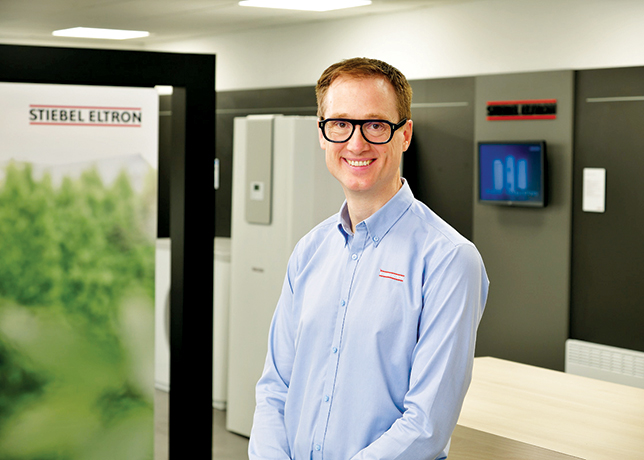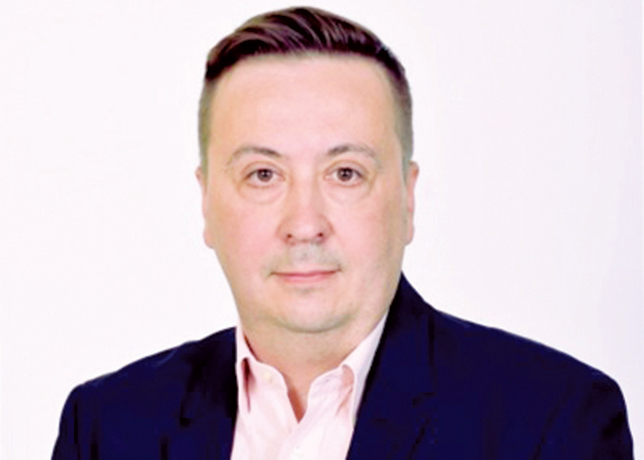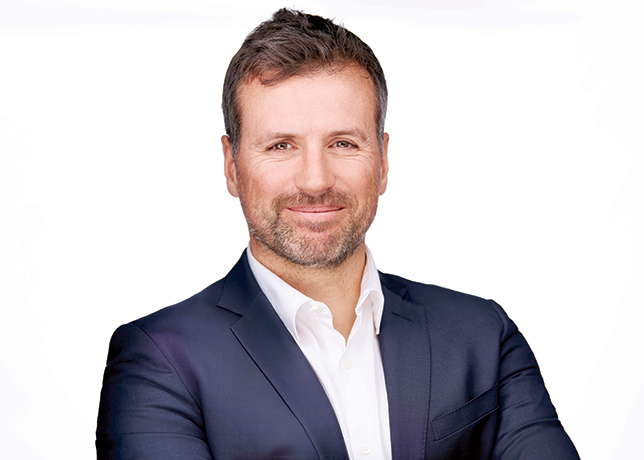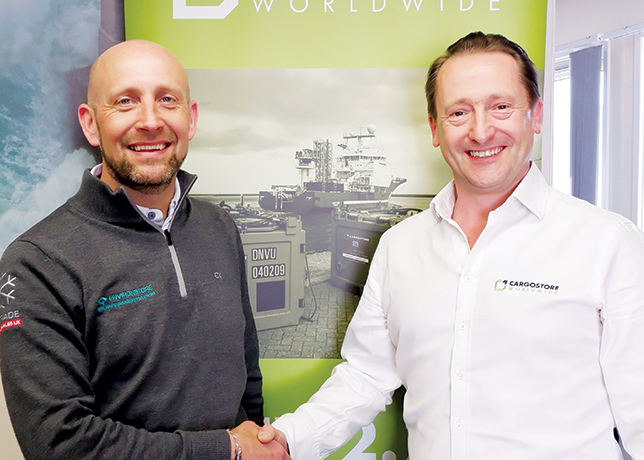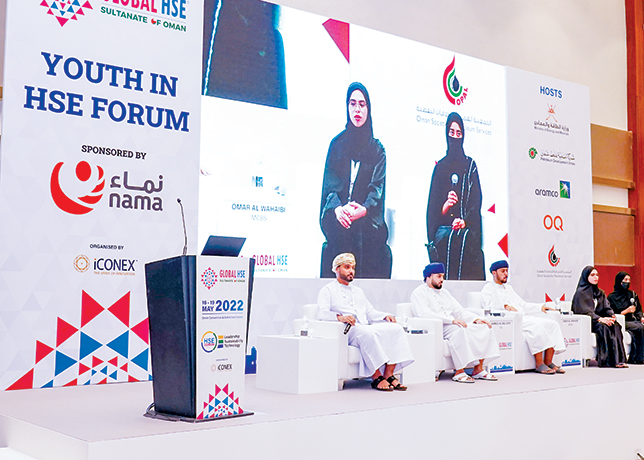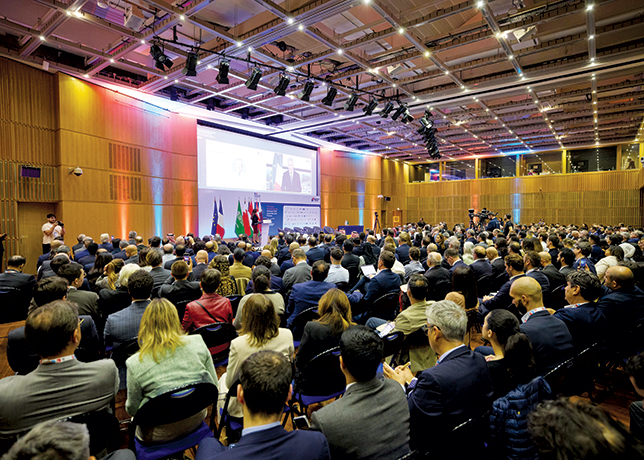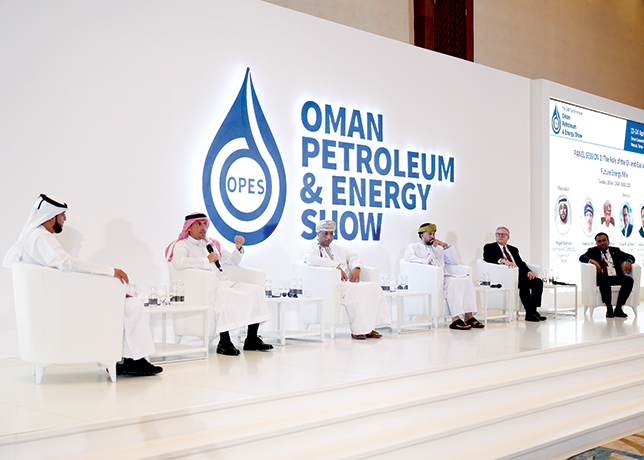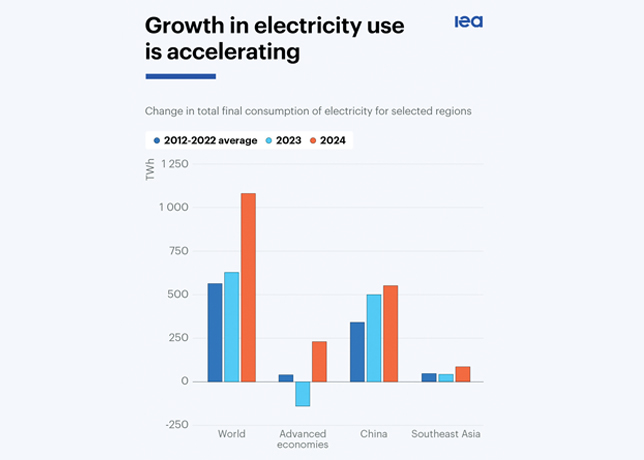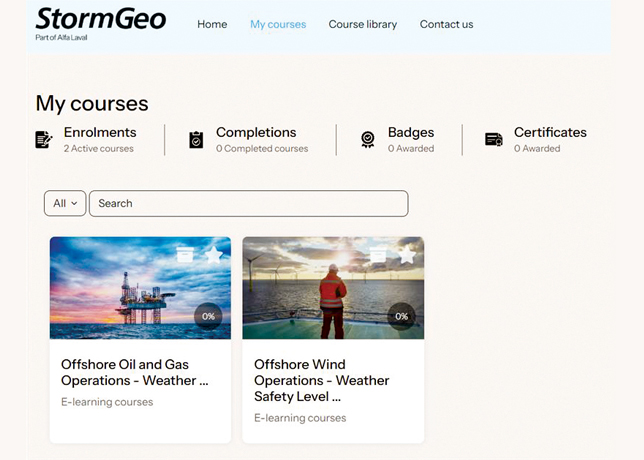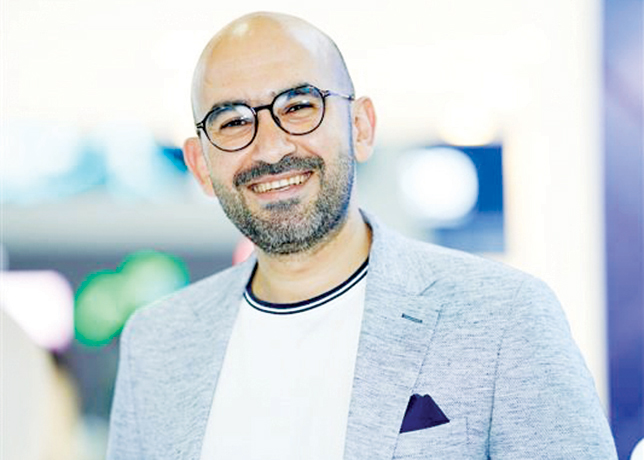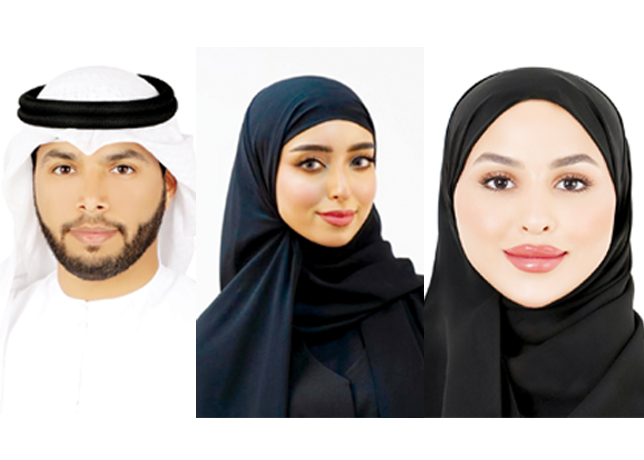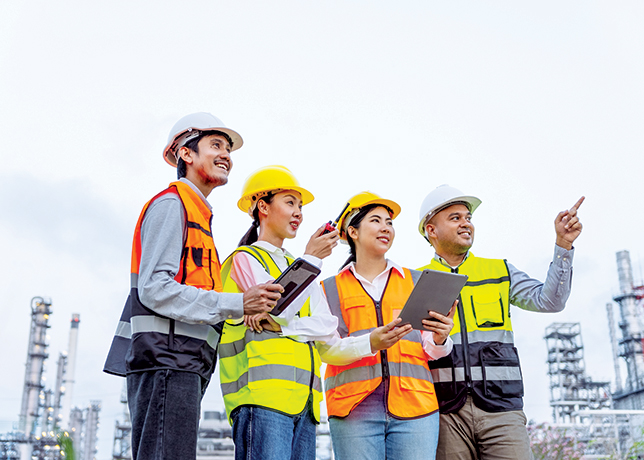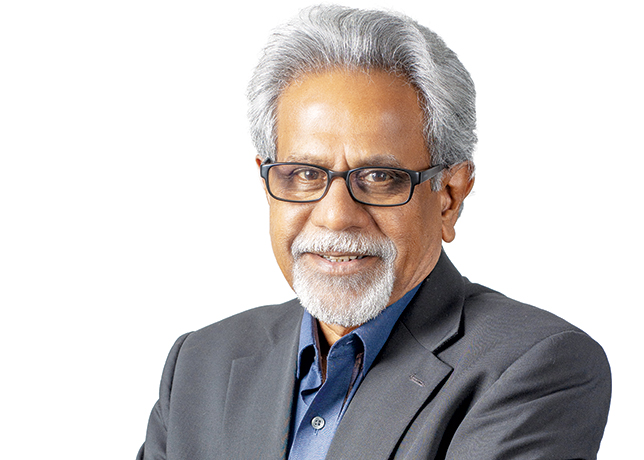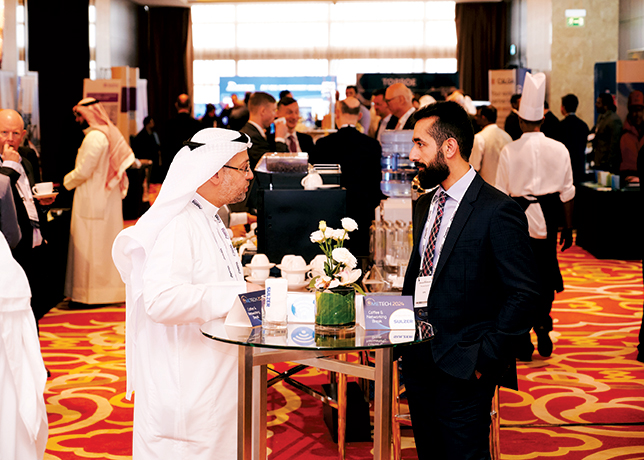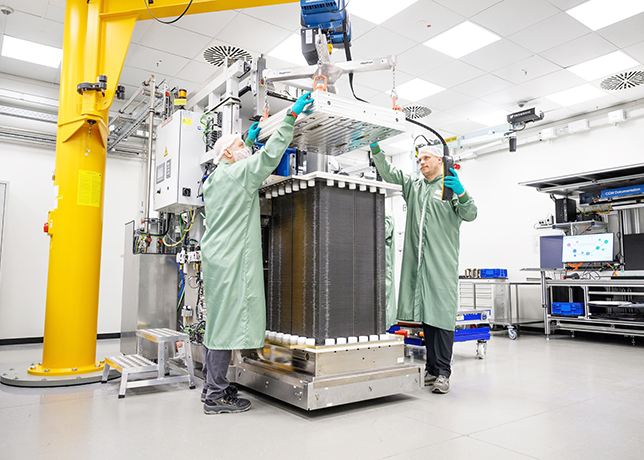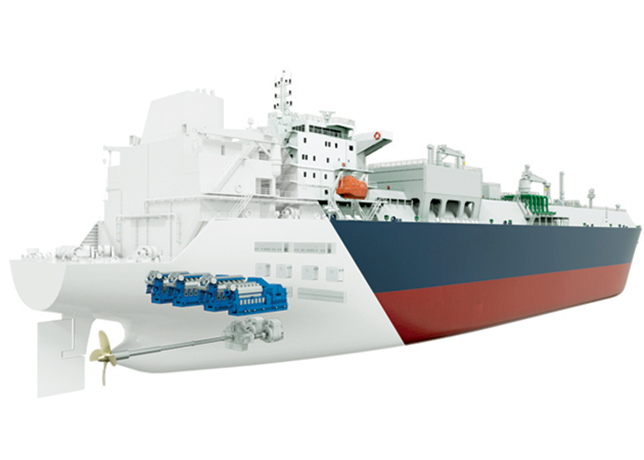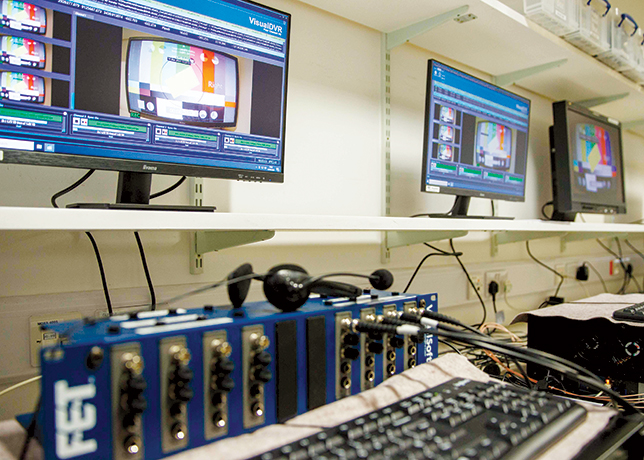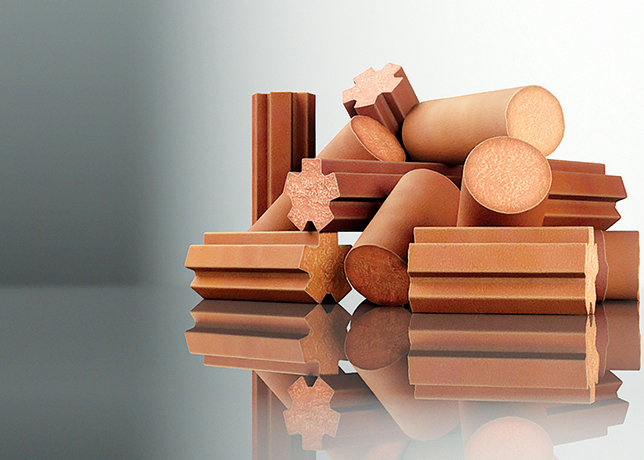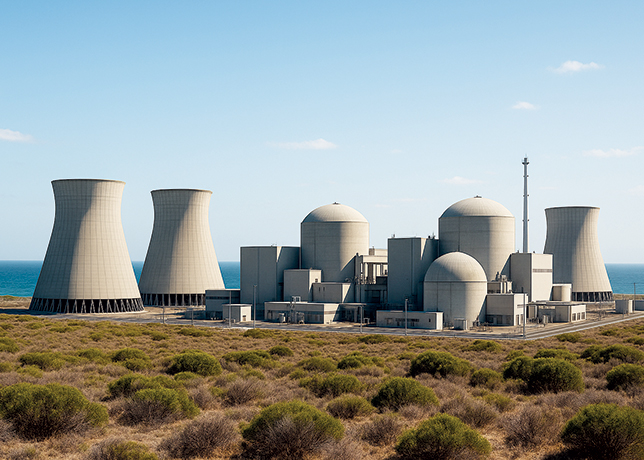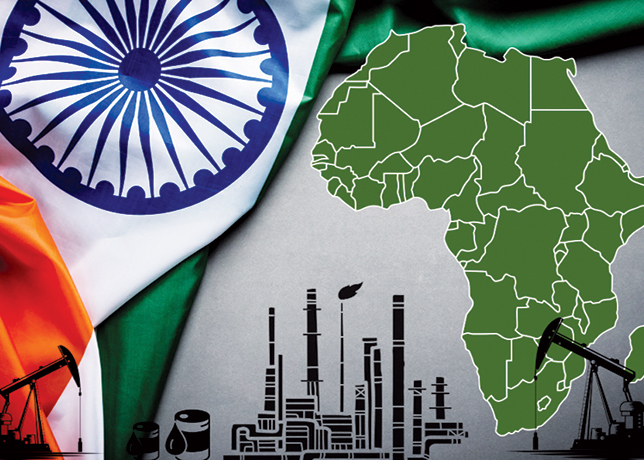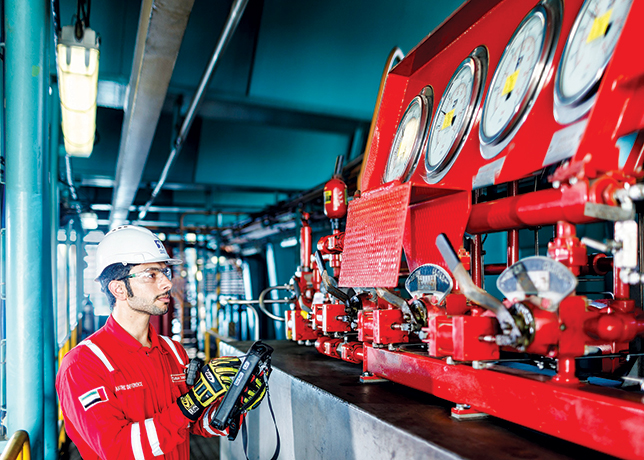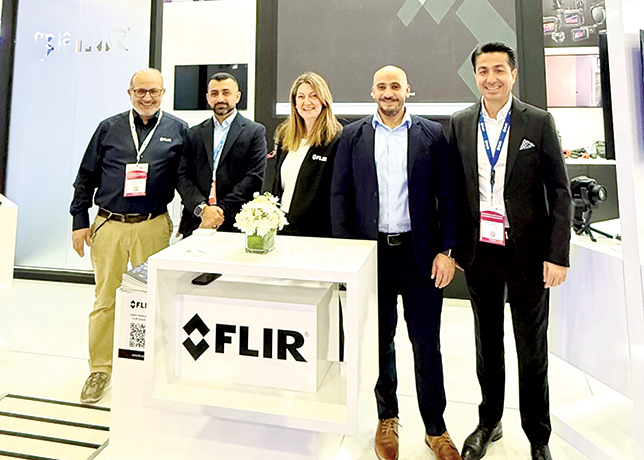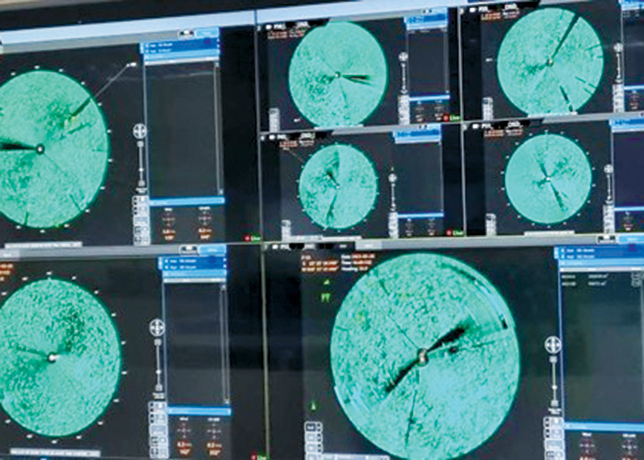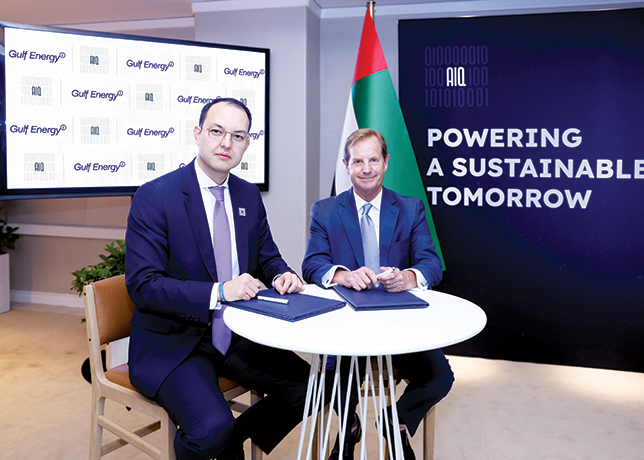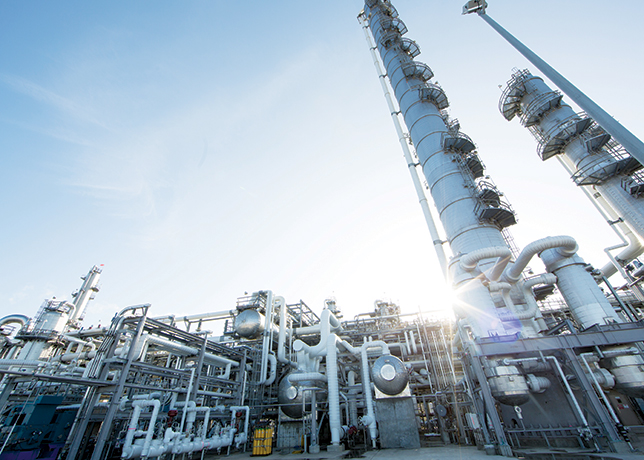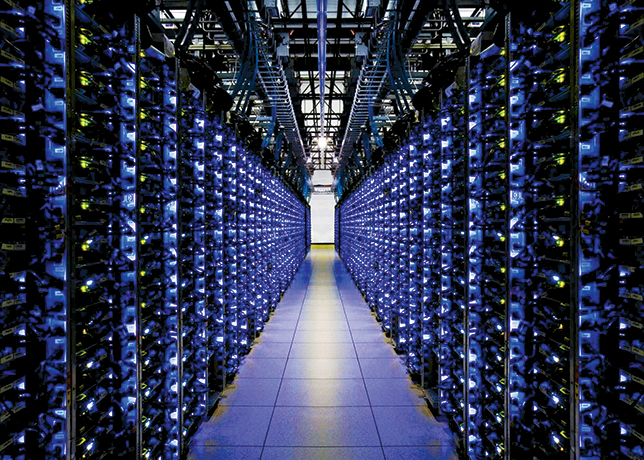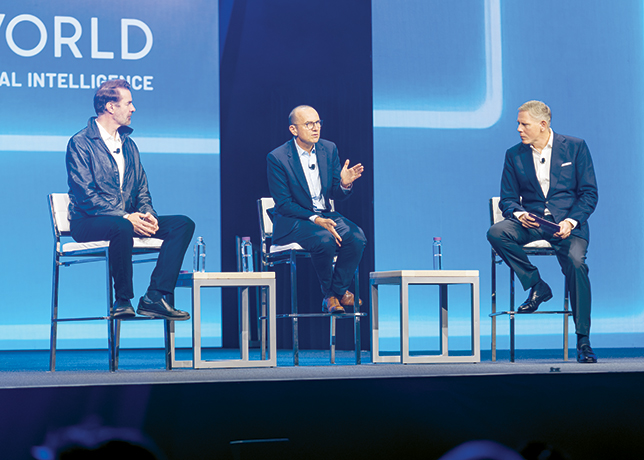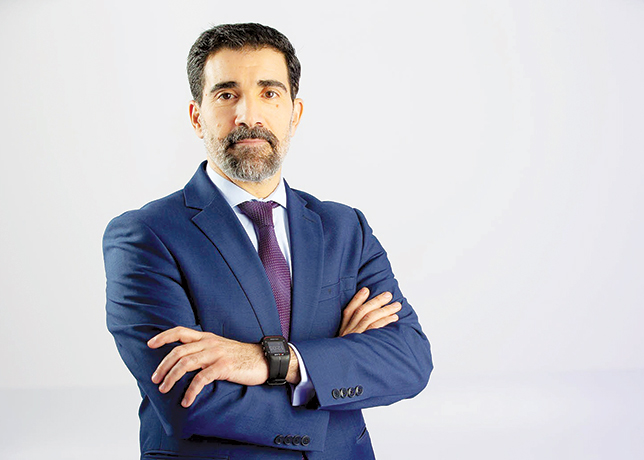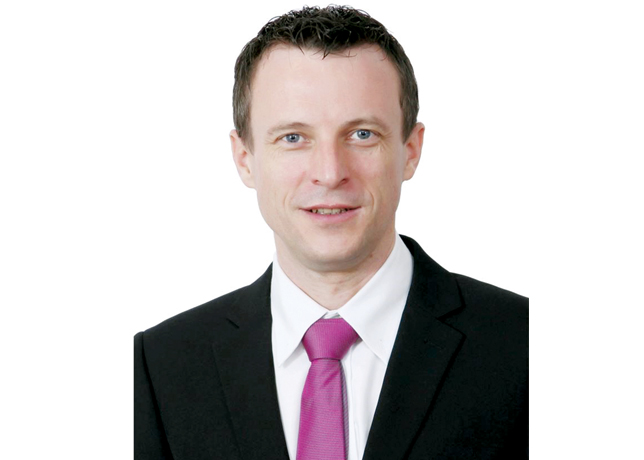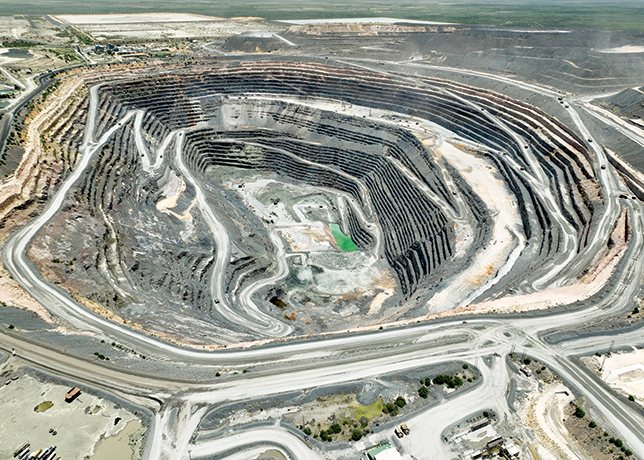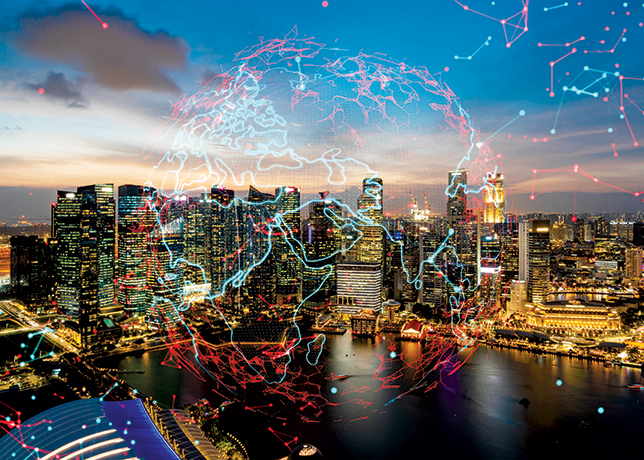
 Borouge ... full capacity will be achieved next year
Borouge ... full capacity will be achieved next year
The success of Borouge, Abu Dhabi Polymers Co, the UAE's first petrochemicals facility, has provided the impetus for the development of this sector, in the country.
The plant, the UAE's first significant downstream petrochemical investment was officially opened last month at Ruwais, near Abu Dhabi.
It is the first petrochemical facility in the Middle East and Asia Pacific to be equipped with Borealis' proprietary Borstar(r) bimodal polymerisation technology.
The new plant provides the platform for Borouge to secure a significant share of the bimodal polyethylene market in the Middle East and Asia Pacific.
The hopes that are pinned on it were echoed by remarks made during its commissioning.
It was hailed as the future "superstar of the sector" by Yousef Omair bin Yousef, secretary-general of the Supreme Petroleum Council and chairman of Borouge while Sheikh Khalifa bin Zayed Al Nahyan, Crown Prince of Abu Dhabi suggested that its success would help concentrate government efforts further, for the development of such ventures.
And Hubert Puchner, chief executive officer of Borouge Pte Ltd, the firm's marketing arm, believes that the inauguration of the Ruwais facility is a further step in reinforcing Borouge's industry leadership in the polyolefins market.
"The 260-hectare plant will lend crucial support to Abu Dhabi's efforts to diversify its core oil and natural gas business base and develop its downstream energy-intensive industries such as petrochemicals, fertilisers, and steel, as well as expand its oil-refining capacity," he said.
The 1.2 billion dollar petrochemical complex which began trial production early this year, will soon be operating at full capacity.
The facility, which began production in December 2001, has a 600,000 tonne ethylene cracker and two polyethylene plants, each capable of producing 225,000 tonnes of high, medium and low-density products.
Production at Borouge is 340,000 tonnes per annum of polyethylene. The targeted output at the end of this year is 410,000 tonnes, a company official said.
"Next year, we will achieve full capacity," he said.
"We expect demand from Asian markets to grow at seven per cent a year for the next few years and our market share to go up significantly," said Harri Bucht, Borouge's chief executive.
Borouge expects to secure a significant share of the Middle East and Asia-Pacific markets, according to senior company officials.
Set up in 1998 Borouge is a 60-40 joint venture between Abu Dhabi National Oil Co (Adnoc) and Copenhagen-based Borealis.
It became the first regional company to secure ISO 9001-2001 certificate in nine months after starting production.
John Taylor, chief executive of Borealis, which has a 40 per cent stake in Borouge, said his company looked forward to this partnership for expansion, which is crucial in a keenly competitive market.
"Borealis sees Borouge as an important element in the long-term strategy and will become a key player in the Middle East and Asian markets."
Borouge aims to secure at least 30 per cent of the bimodal polyethylene market in the Middle East and the Asia-Pacific region, Bucht says.
He adds that the facility will boost Abu Dhabi's exports to the Middle East and Asia, as well as generate work for sectors providing support and services to the company.
"Borouge will create new employment opportunities in the Emirates, bring a new technology and transfer petrochemical industry knowledge to Abu Dhabi."
The polyethylene units using Borstar technology will generate numerous opportunities for local processing industries as a major outlet for Abu Dhabi's gas reserves, he says.
Currently Borouge exports 90 percent of its products, which include polyethylene for extrusion coating, moulding, and wire and cable as well as polypropylene for film, moulding, hot water pipes and engineering applications.
The firm is also looking at East African markets and the UAE market, where demand is expected to grow fast in the coming years, according to Taylor.
Bucht said upcoming petrochemical plants in China may not be a "significant disadvantage" for Borouge.
"Our market share may be reduced. We will look at other markets like India, southeast Asia, Africa and the Middle East where we can provide logistical advantages at low prices."
The products from the Ruwais plant will serve the flexible- and rigid-packaging as well as pipe and wire and cable industries.
Puchner comments that "International standards increasingly require manufacturers to conform to more stringent quality and safety standards.
He assures that the plant will use cutting-edge technology that exceeds these safety and quality standards".
"As a result, there is tremendous potential for growth in regional demand for the highest quality polyethylene, especially for water and gas pipes."
The firm's bimodal-PE products will bring additional value to customers through enhanced properties and economic processing, he says.
"In addition the new operation guarantees quick and cost-efficient delivery of our products to our customers via two alternative ports in Mina Zayed in Abu Dhabi and Jebel Ali in Dubai", he says.
The Ruwais plant provides a well-developed infrastructure catering to the growing community at the production complex and includes residential facilities, schools and a medical hospital as well as recreational and sporting amenities, sources say.



